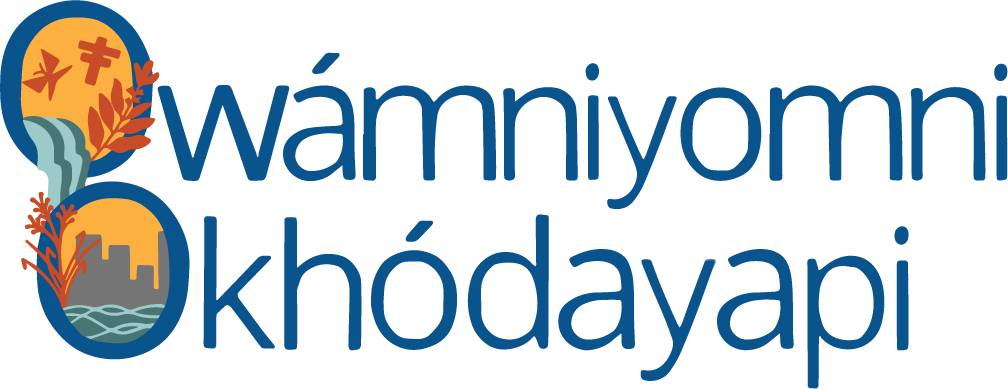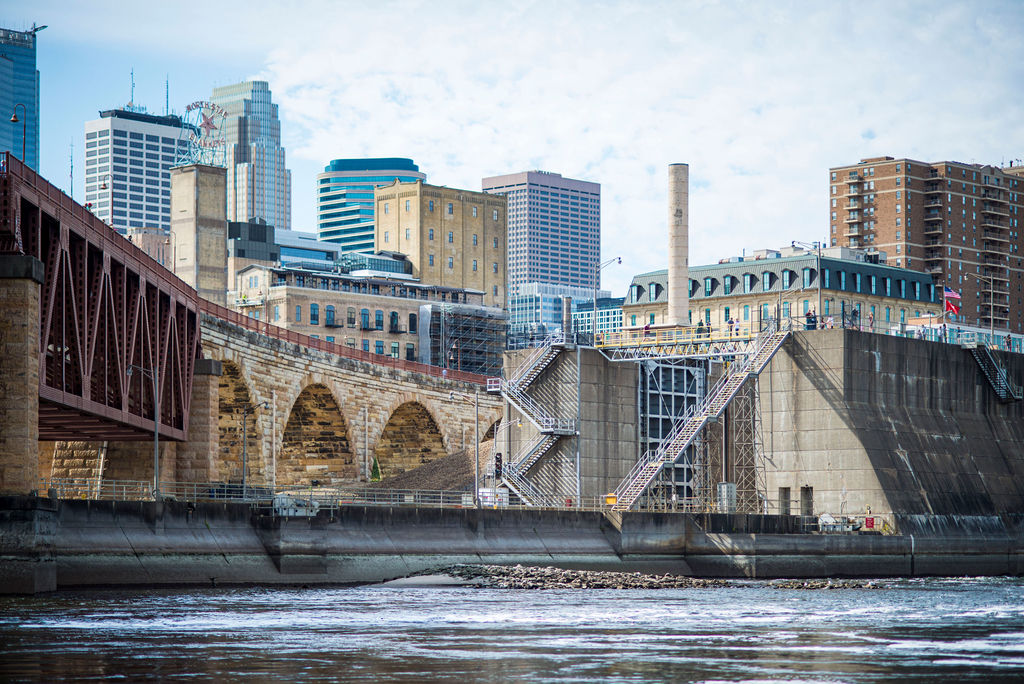ISSUED BY THE OFFICE OF U.S. SENATOR TINA SMITH
July 29, 2022 (WASHINGTON) –
Today, U.S. Senator Tina Smith (D-Minn.) announced the Senate has passed the bipartisan Water Resources Development Act (WRDA) of 2022, which will unlock and expedite a number of significant projects in Minnesota and across the country. The legislation greenlights investments in the nation’s ports and waterways and includes several priorities Senator Smith has pushed for including Mississippi River protections and Great Lakes coastal resiliency.
“Minnesota is blessed with pristine waterways and lakes from Lake Superior to the headwaters of the Mississippi,” said Senator Smith. “This bipartisan legislation will help unlock funding to improve and restore our ports, waterways and ecosystems here in Minnesota and across the country. These water resources are central to our economy and way of life. I’m thrilled to pass this legislation and look forward to seeing these important projects get started.”
WRDA authorizes investments in US Army Corps of Engineers projects and programs around the country and is generally passed every two years. This year, the bill authorizes 36 new feasibility studies, authorizes or modifies 21 projects for construction, and for the first time, authorizes environmental infrastructure projects. WRDA will expedite spending from the Infrastructure Law, which was passed earlier this year, and help jumpstart around $17 billion in significant water resource projects.
In a letter to the Environment and Public Works Committee, Senator Smith pushed for provisions to improve coastal resilience along the Great Lakes and improve the functioning of the Upper St. Anthony Falls Lock and Dam in Minneapolis. Both provisions were included and passed as part of the legislation.
In addition, the 2022 WRDA includes provisions to:
- Invest in the Nation’s ports and waterways: The legislation authorizes $66 billion to complete improvements to the inland waterway system, including harbor deepening and maintenance and special funding avenues for underserved community harbors that are critical to local and regional economies.
- Improve Inland and Coastal Resilience and Restore Ecosystems: Authorizes shoreline restoration projects, streamlines implementation, and enables communities to partner with the Corps on projects that address risks of extreme weather. Additionally, the legislation supports State’s ability to respond to water resource challenges, and authorizes the Corps to mitigate repetitive drought conditions and conserve water supplies.
- Establish a Tribal and Economically Disadvantaged Communities Advisory Committee: The Secretary is directed to establish this committee to develop and make recommendations on actions to ensure effective delivery of water resources development projects, programs, and assistance to economically disadvantaged communities and Tribes.
- Protect the Mississippi River: WRDA 2022 increases funding for the Upper Mississippi River restoration program by $35 million, includes the Mississippi River in the existing harmful algal bloom demonstration program, and expedites the replacement of the Mississippi River mat sinking unit.
- Protect the Great Lakes: Priority consideration for Corps projects is given to the protection and restoration of shorelines and riverbanks from erosion and other damaging impacts of extreme weather, and the Great Lakes shores and watersheds are listed as priority projects. In research and development funds, $10 billion is authorized to complete and maintain a model to forecast water levels, account for water level variability, and account of the impacts of extreme weather events and disasters in the Great Lakes. The Secretary is directed to expedite the Great Lakes Coastal Resiliency Study and prepare a study on the economic benefits of recreational boating in the Great Lakes. The federal cost share for the Great Lakes and Mississippi River Interbasin Brandon Road project is raised from 80% to 90%. The bill also clarifies that the Secretary should not deny a request from a Governor of a State to provide advance measures assistance to reduce risk of damage from rising water levels in the Great Lakes solely on the basis that the damage is caused by erosion.
###


